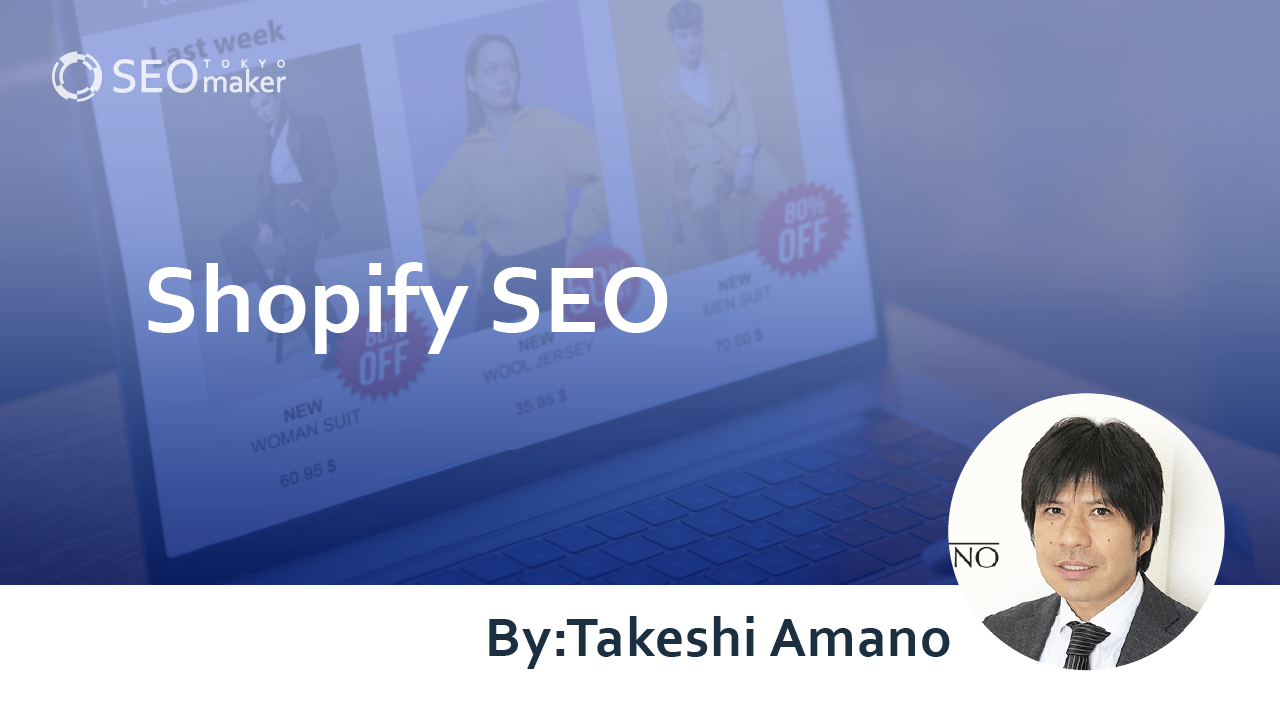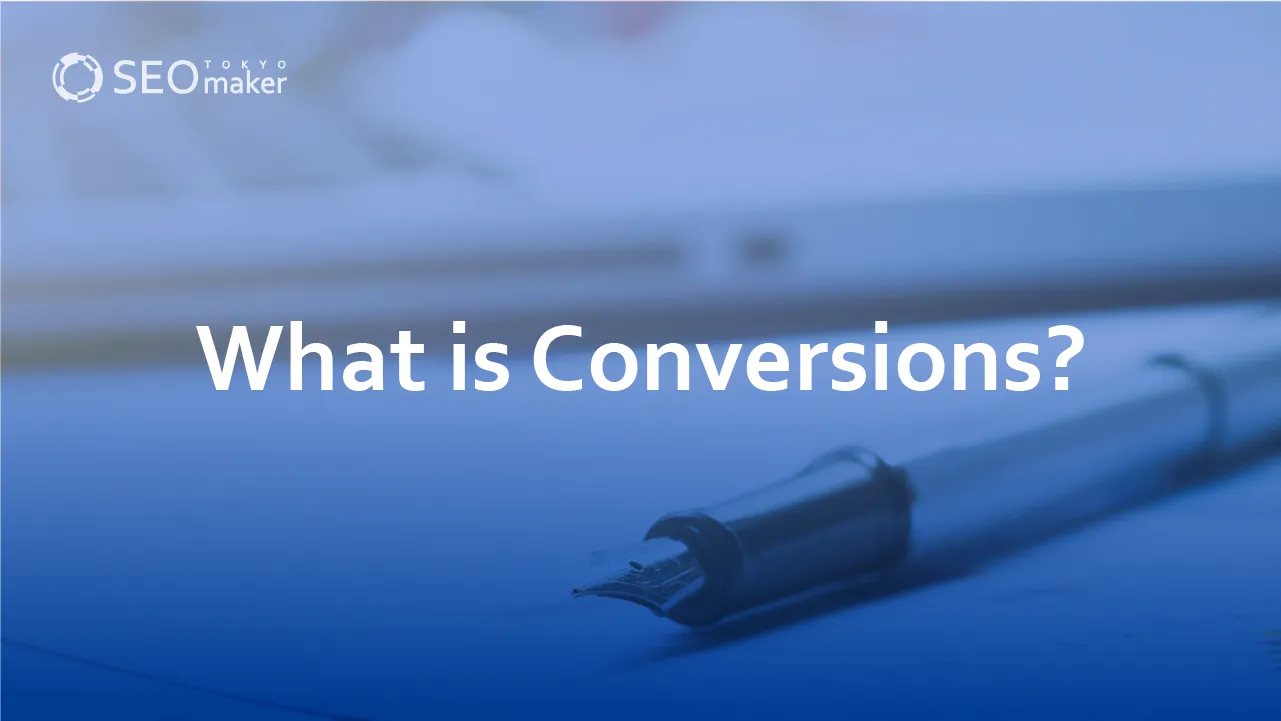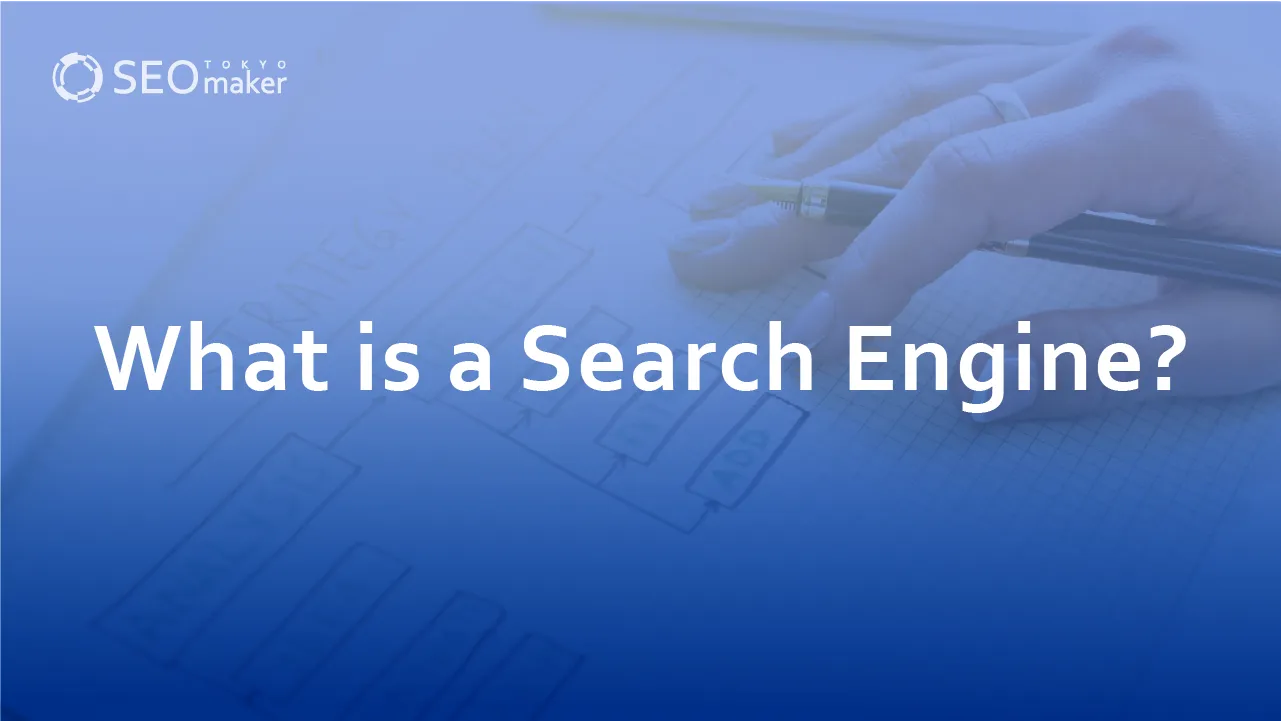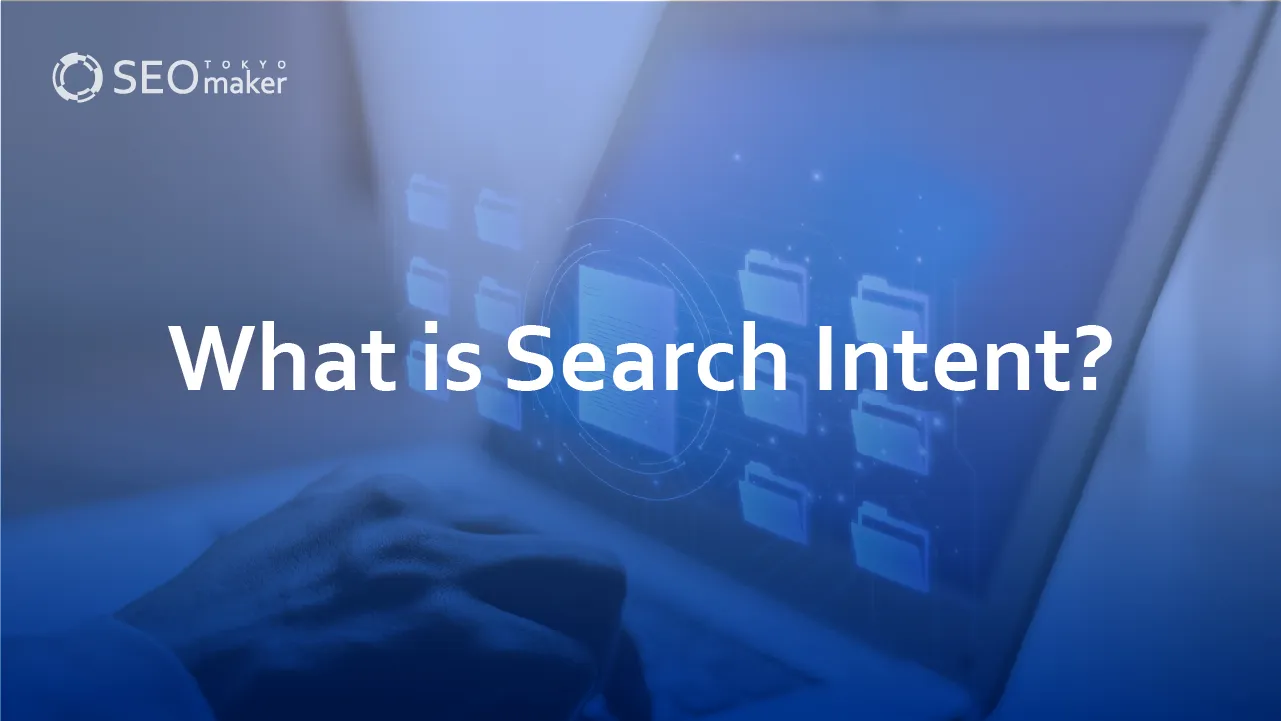Understanding Shopify SEO ~9 Essential SEO Strategies~
contents

If you are running a Shopify site, you might be interested in learning more about SEO for Shopify.
To increase traffic and sales on Shopify, SEO is a critical element.
In this article, we will discuss nine essential SEO strategies for Shopify and recommend apps and tools for effective implementation.
What is Shopify SEO?
Shopify is an e-commerce platform that allows individuals to easily develop and manage online stores.
Starting at 3,000yen a month, Shopify offers over 5,000 apps to enhance its features, enabling the creation of sophisticated e-commerce sites.
SEO, on the other hand, involves optimizing a website for search engines. By implementing SEO strategies, a website can achieve higher search rankings and increase its traffic.
Thus, Shopify SEO refers to the strategies implemented to optimize a Shopify e-commerce site to rank higher in search results.
The Importance of SEO for Shopify
While Shopify makes it easy to build an e-commerce site, managing your website is no different from managing any other website. Therefore, SEO is essential to increase traffic and conversion rates.
Here, we will explain why SEO is crucial for Shopify.
To Increase Traffic
The primary goal of SEO on Shopify is to increase user traffic to your e-commerce site.
Shopify is a service that allows you to build your own e-commerce site, essentially putting you in charge of running your own website.
As such, enhancing the number of visitors to your site is absolutely essential.
No matter how good your products are, if there is no traffic to the website, sales will not happen.
Therefore, it is vital to implement SEO strategies on Shopify to increase traffic and raise brand awareness.
To Increase Conversion Rates
Another reason SEO is important for Shopify is to improve conversion rates.
Users who come from search engines are actively searching with specific needs or interests, hence they tend to have higher conversion rates.
For instance, many users visit websites through social media because they happen to come across them. Of course, there are also many users who end up buying products because something on social media piqued their interest.
However, when the traffic from search engines and social media is the same, it’s generally true that the conversion rate is higher for search engines, where users are actively searching for something using keywords.
Thus, implementing SEO on Shopify is crucial to target users who are more likely to convert.
Top 9 Effective SEO Strategies for Shopify
Shopify’s flexibility in settings makes it easier to implement effective SEO strategies. Among its appealing features, Shopify automatically generates essential settings such as the robots.txt file and canonical URL tags.
Below, we will detail nine effective SEO strategies for Shopify.
Title Tags
In Shopify, you can set your own preferred titles, so make sure to choose names that are clear and understandable for users.
You can set title tags in Shopify for the following features.
- Shopify site title.
- Titles of individual pages within the site.
- Titles of individual products within Shopify
For the Shopify site title, 32 characters is considered ideal for SEO, as that is the maximum that will display on search result pages.
For other title tags, there is no fixed number, but overly long titles can be confusing for users. It is generally recommended to include relevant keywords and keep titles around 30 characters.
Meta Descriptions
Meta descriptions provide supplemental information and product descriptions alongside the title tags. Like title tags, you can set this in the following section.
-Meta Descriptions for Shopify Sites
-Meta descriptions for each product on Shopify
-Meta descriptions for blog posts
In meta descriptions, include details that are not covered by the title alone. The recommended character count for SEO is between 90 to 120 characters.
Due to the limited number of characters, it’s important to be concise and clear. Including keywords in your meta descriptions is also crucial.
Blog Posts
Shopify features a blogging capability that can enhance the content of your e-commerce site.
Particularly in SEO, the amount of content is a critical factor.
Therefore, it’s advisable to actively use blog posts on Shopify, not just product pages.
Additionally, here is an example of the type of blog post you should create.
Example:) For a shop selling leather handbags.
-Introducing different types of handbags
-Articles explaining the characteristics of different leather materials
-Articles on how to maintain leather products
Avoid writing blog posts that read like personal diaries unless you aim to cultivate customers into fans, which is not suitable for increasing traffic or acquiring new customers.
Choosing keywords related to relevant genres that ultimately lead to your products is crucial.
Page URLs
On Shopify, you can customize your page URLs, which is a powerful tactic for SEO.
Important points when setting up URLs include the following.
-Incorporate target SEO keywords.
-Connect keywords with – (hyphen).
-Write in English.
-Keep it concise.
For example, if targeting the keyword “leather handbags,” you might use leather-handbag.
Page URLs should be concise and reflect the page’s content, not be lengthy and unwieldy.
Note that while some URLs may be written in Japanese, there are environments and devices where Japanese is not displayed, so it’s prudent to use English.
Image Alt Attributes
The alt attribute for images is a setting that displays alternative text if an image cannot be loaded on a website.
Typically, alt attributes are checked by search engines, and not having them does not pose a major issue for users. However, if alt attributes are not set, search engines cannot understand the content of the images, which affects SEO.
Specifically, if the content of images is not understood, it could mean that images do not appear in search results linked to the search keywords.
Not setting the alt attribute could lead to missed opportunities and loss of potential traffic, so always ensure you set it.
Structured Data
Structured data is code that marks up the HTML of your website to make information easier for search engines to understand.
Simply inputting “Leather Artisan Handbag Shop” into HTML does not enable a search engine to understand what it represents.
Therefore, it’s important to use tags that search engines can understand and accurately convey information.
By using structured data, search engines can display additional information such as images and ratings in the rich snippets on search results pages.
Ultimately, this can differentiate your website from others and is a crucial factor in improving click-through rates.
sitemap.xml
The sitemap.xml file communicates the hierarchy and structure of your website to search engines.
Typically, search engines crawl a website and index each page. However, by submitting a sitemap in advance, you can have your pages indexed without waiting for the search engine to crawl them.
This is particularly crucial for e-commerce sites handling many products, as quick indexing is essential for smooth site operation.
This not only benefits the site owner but also optimizes the state for search engines, making it an important element in SEO.
robots.txt
The robots.txt file is used to deny crawls from search engines and prevent pages from appearing in search results.
Generally, all content on a website is crawled and indexed.
However, there are many pages that do not need to be indexed.
For example, on an e-commerce site, this might apply to the shopping cart page. Error pages also do not need to be indexed. Indexing these unnecessarily can increase the load on search engines, so it’s important to make selective choices in a good sense.
However, since Shopify automatically generates robots.txt, it’s crucial to ensure that it includes the appropriate pages.
The canonical URL tag is used to consolidate multiple pages under a single URL.
This is particularly important in Shopify, which often handles multiple similar pages. If similar content is produced throughout the website, it can negatively impact SEO.
For example, if the same product is available in different colors or sizes, it inevitably creates multiple pages with similar content. Indexing these as-is can lower the overall site’s rating, so it’s important to set canonical URL tags in advance to unify the URLs.
Like robots.txt, canonical URL tags are automatically generated, but it’s crucial to periodically check that URLs are correctly unified.
Effective SEO Apps & Tools for Shopify
Shopify offers numerous dedicated apps, making it easy for those who are not SEO experts to implement strategies. Google also provides essential free tools, so it’s vital to integrate them with Shopify for site analysis.
Here, we will discuss the effective SEO apps and tools for Shopify in detail.
SEO Manager
SEO Manager is a Shopify-specific SEO app.
It allows people without SEO knowledge or experience to easily set up and implement a wide range of SEO strategies, which is a major advantage.
Specifically, SEO Manager allows for the following.
Examples of SEO Manager Strategies
-Selecting the right keywords for your website
-Optimizing title tags and meta descriptions
-Automatically correcting errors
As it automates settings and corrections, SEO Manager is an app that can consistently handle your SEO needs. However, there is a monthly fee of $20 for SEO Manager, so consider the cost before integrating the app.
Plug in SEO
Plug in SEO is another SEO app dedicated to Shopify.
There are free and paid plans available at $20 per month, each with different features, so be mindful when choosing.
Examples of Strategies for the Free Plan
-Checking and suggesting fixes for SEO issues
-Recommending optimal SEO strategies
Examples of Strategies for the Paid Plan
-Assistance with setting up structured data
-SEO support tailored for different search engines
-Support for SEO in languages other than Japanese
Plug in SEO informs you of SEO issues and improvements, allowing you to implement optimal strategies yourself. Structured data, in particular, is a crucial element for enhancing SEO beyond what your competitors can achieve.
Thus, for those seeking comprehensive SEO strategies, the paid plan is recommended.
Google Analytics
Google Analytics is a free tool that provides analytics for your website. By integrating it with Shopify, you can analyze the following.
-User demographics (age, gender, device, etc.)
-Sources of traffic Pageviews
-Page engagement and bounce rates
In e-commerce, understanding which demographic layers are accessing your site and from what sources is crucial. If there’s a discrepancy with your target audience, improvements are necessary, making integration with Google Analytics essential for current analysis.
Google Search Console
Google Search Console is another free tool for analyzing website access, indispensable for managing an e-commerce site.
Unlike Google Analytics, it allows for analysis based on search results.
Specifically, it enables analysis of the following.
-Clicks and search rankings by page
-Search query analysis
-Website indexing information
-Detection of website issues
It allows analysis from the user’s journey to your page, such as how often your targeted keywords are clicked and their search ranking when displayed.
Integrating Google Search Console is crucial as it directly enhances the effectiveness of your SEO.
Summary
I can say that while Shopify makes it easy to operate an e-commerce site, simply increasing the number of products or enhancing the site’s design will not necessarily boost your traffic. Therefore, implementing SEO strategies such as setting title tags and meta descriptions to optimize your site for search engines is essential. This article has focused on nine crucial SEO strategies for Shopify, so start by applying the insights shared here.










![What is a Description? Explaining the Meaning, Writing Style, and Changing Word Count – [2023 Edition]](https://www.switchitmaker2.com/en/wp-content/uploads/2024/09/what-is-description.webp)










